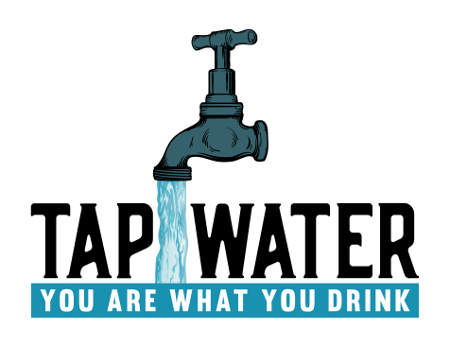
Can I drink the tap water?
How good is the tap water in Stara Zagora, Bulgaria ?
All in all, 0% of folks here drink from the tap.
How good is the tap water in all of Bulgaria?
All in all, 37% of folks here drink from the tap.
Can you drink the tap water in Stara Zagora then?
What residents and travelers say
When it comes to tap water in Stara Zagora, experiences can vary depending on the neighborhood and building infrastructure. Many residents find the tap water overall safe to drink, with the local water utility regularly monitoring and maintaining quality standards. However, some travelers and locals do notice a distinct mineral or metallic taste, which can differ across areas due to variations in water source and plumbing materials. While a significant portion of the population drinks directly from the tap without issue, others prefer using filters at home, especially in older buildings where piping conditions might affect taste or clarity.
Visitors often ask whether it's safe to refill bottles from public taps or fountains. While this is common in some parts of the city, it’s generally advisable to confirm the water quality locally first, as water quality can be subject to temporary fluctuations. Some residential blocks, especially newer developments, tend to have better tasting tap water because of modern plumbing and treatment technologies. Conversely, in older districts, some residents report using activated carbon or reverse osmosis filters as a precautionary measure. Boiling water is less common unless for additional peace of mind.
- Taste can vary due to local mineral content and pipe age.
- Many locals drink tap water directly, but a sizable group uses home filtration.
- Refilling bottles from public taps is practiced but recommended only when recent water quality confirmation is available.
- New buildings typically have better tasting water; older structures sometimes necessitate filters.
- Keeping an eye on official advisories helps avoid surprises from temporary water quality changes.
For the most reliable and current information on water quality in Stara Zagora, consult official sources such as the Stara Zagora Water Utility. Additionally, national standards and guidelines from the Bulgarian Ministry of Environment and Water provide context on overall water safety, supported by international perspectives like those found on the World Health Organization - Water Quality and the European Union Water Policy. Checking these resources before drinking tap water or refilling bottles helps ensure a safe and pleasant experience in Stara Zagora.
Further reading on tap water in Stara Zagora
To verify the current tap water quality and advisories in Stara Zagora, begin by visiting the official website of the Stara\" target=\"_blank\" rel=\"nofollow\">https://www.vodostz.bg/">Stara Zagora Water Utility or the regional health department page for up-to-date reports. Additionally, check the Bulgarian Ministry of Environment and Water's site for national water quality standards and alerts. For broader updates, consult the World Health Organization (WHO) and European Union water quality portals. Social media channels, such as the local water utility's official Twitter account, may also provide timely notices and advisories.
- https://www.vodostz.bg/" rel="noopener" target="_blank">Stara Zagora Water Utility
- https://www.moew.government.bg/en/" rel="noopener" target="_blank">Bulgarian Ministry of Environment and Water
- https://www.who.int/teams/environment-climate-change-and-health/water-sanitation-and-health" rel="noopener" target="_blank">World Health Organization - Water Quality
- https://environment.ec.europa.eu/water/water-quality-and-monitoring_en" rel="noopener" target="_blank">European Union Water Policy